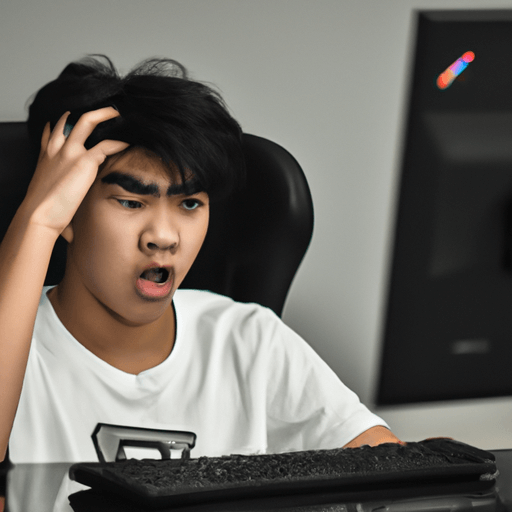Exploring the Impact of Competitive Gaming and Esports on Mental Health
The rise of competitive gaming and Esports has created a new form of entertainment that millions of people around the world enjoy. However, with this new form of entertainment comes potential risks to mental health. In this article, we will explore the potential positive and negative effects that competitive gaming and Esports have on mental health, as well as discuss how individuals, teams, and the Esports industry can help support healthier mental health habits and behavior.
Positive Effects of Esports on Mental Health
Esports can have a positive effect on mental health by providing an outlet for stress relief, boosting self-esteem, and providing a platform for social interaction. For example, studies have found that playing video games can reduce stress levels and provide a sense of accomplishment that can help boost self-esteem. Furthermore, online gaming can provide a platform for social interaction, which can reduce feelings of isolation and depression.
In addition, Esports can also be used as a form of therapy. For example, research has found that playing video games can be used to treat symptoms of anxiety, depression, and post-traumatic stress disorder. Furthermore, some Esports teams have even begun to use virtual reality technology to help players manage their mental health and develop healthier coping mechanisms.
Negative Effects of Esports on Mental Health
Despite the potential positive effects of Esports, there are also potential negative effects that need to be taken into consideration. For example, the competitive nature of Esports can lead to increased levels of stress, which can lead to anxiety and depression. In addition, the pressure to perform can lead to feelings of inadequacy and low self-esteem, which can further contribute to mental health issues. Furthermore, the pressure to succeed can lead to unhealthy gaming habits, such as playing for extended periods of time, which can lead to physical and mental exhaustion.
Recommendations for Supporting Healthy Mental Health Habits
In order to support healthier mental health habits, individuals, teams, and the Esports industry must take steps to ensure that players are supported. For individuals, it is important to ensure that gaming sessions are kept to a reasonable length and that players take regular breaks to prevent physical and mental exhaustion. It is also important to practice healthy gaming habits, such as limiting the amount of time spent playing and setting realistic goals to avoid feeling overwhelmed or inadequate.
For teams, it is important to ensure that players are supported and that there is an environment of trust and respect. Teams should also ensure that players have adequate time to rest and recover, and that there is an open dialogue about any mental health issues that players may be facing.
Finally, the Esports industry should aim to foster an environment of acceptance and understanding. This includes providing support for players facing mental health issues, promoting positive mental health habits, and ensuring that players have access to the proper resources.
Conclusion
In conclusion, it is clear that competitive gaming and Esports can have both positive and negative effects on mental health. It is important for individuals, teams, and the Esports industry to take steps to support healthier mental health habits and behavior in order to ensure the well-being of players. By taking these steps, we can ensure that Esports remains a positive and healthy form of entertainment for everyone involved.

















Comments
Leave a Comment